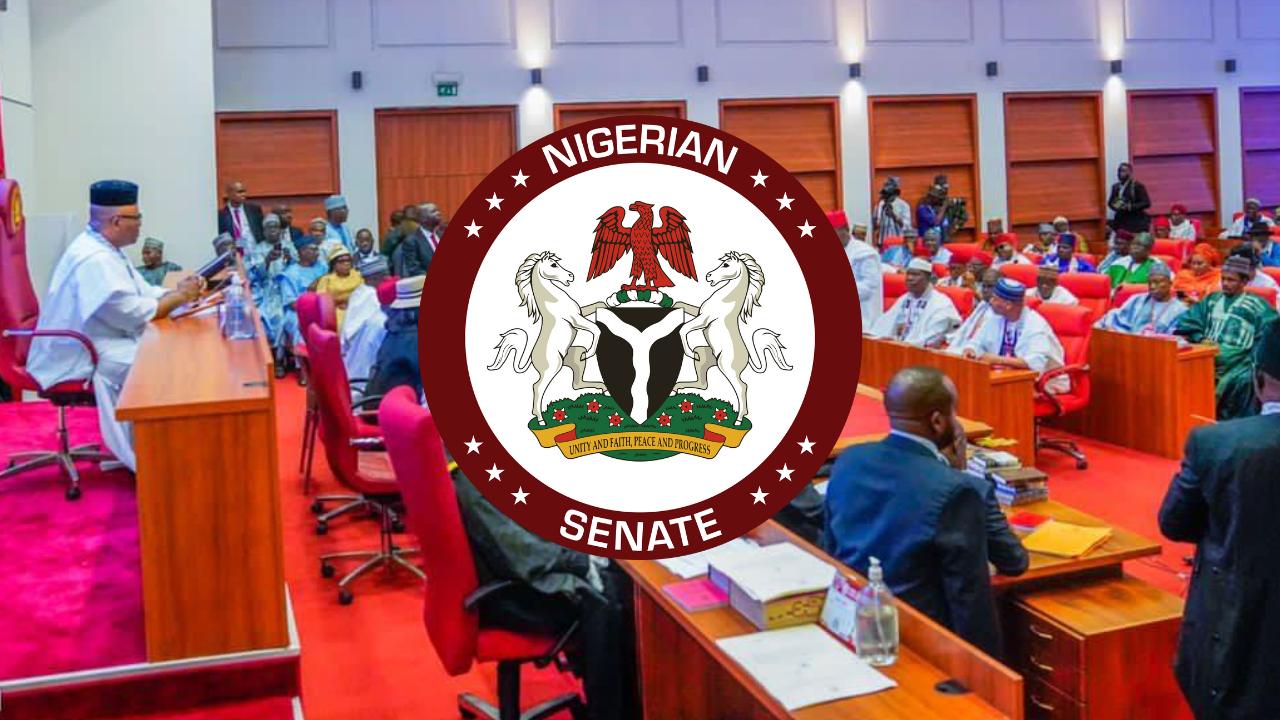POLITICS &POLICY

CONSTITUTION REVIEW: NIGERIANS PUSH FOR SINGLE SIX-YEAR TENURE FOR PRESIDENT, GOVERNORS
A growing number of Nigerians, including legal experts, civil society advocates, political analysts, and regional leaders, are calling for a constitutional amendment to adopt a single six-year tenure for the President and state governors. The proposal, they argue, would curb the misuse of public funds on re-election campaigns and promote governance over politicking.
Proponents: Single Term Will Enhance Focus and Accountability
Advocates such as attorney Saint Moses Eromosele and the Coalition of Northern Groups (CNG) assert that a single term would discourage incumbents from diverting resources to secure second terms. According to them, a six-year non-renewable tenure would reduce electoral violence, minimize abuse of state power, and allow leaders to focus on legacy-building rather than campaigning.
Civil society voices like Dickson Sule and media expert Isaac Abaa also argue that a single term would reduce election-related costs and voter fatigue. Others, like public analyst Lanre Ogunsuyi and academic John Farinola, believe the change could foster long-term planning and reduce the influence of money in politics.
Regional leaders, including tribal groups from Benue under the Mzough U Tiv umbrella, emphasize that the current two-term system has led to neglect of governance midway through the first term, as incumbents become preoccupied with re-election.
Support for Broader Reforms
Many supporters of the six-year term caution that it must be part of a broader package of institutional reforms. These include electoral accountability, stronger legal frameworks, and fiscal discipline. Without these, they fear a single term could still be manipulated for personal or political gain.
Opposition: Lack of Incentive, Risk of Misgovernance
Critics, however, warn that a single term could worsen governance. Figures like Arewa Youth Assembly’s Muhammad Danlami and Afenifere’s Abagun Kole Omololu argue that removing the possibility of re-election could encourage looting, impunity, and a lack of public accountability.
Others, including former ACF Secretary Anthony Sani and ex-CLO scribe Alagoa Morris, believe the focus should be on strengthening democratic institutions rather than altering term lengths. Methodist Archbishop Biereonwu Onuagha outright dismissed the proposal, stating that deeper structural issues—not term limits—are Nigeria’s real problem.
Political leaders like APC’s Hon. Steve Otaloro also expressed concern that a single term could reduce democratic engagement and slow political innovation, noting that the threat of not being re-elected currently compels leaders to perform.
Conclusion
The debate on constitutional reform and tenure structure continues to gain momentum across Nigeria. While many view a six-year single term as a step toward better governance and reduced election costs, others warn that without systemic reforms, such a change could deepen existing challenges rather than resolve them.
"This represents a significant development in our ongoing coverage of current events."— Editorial Board









